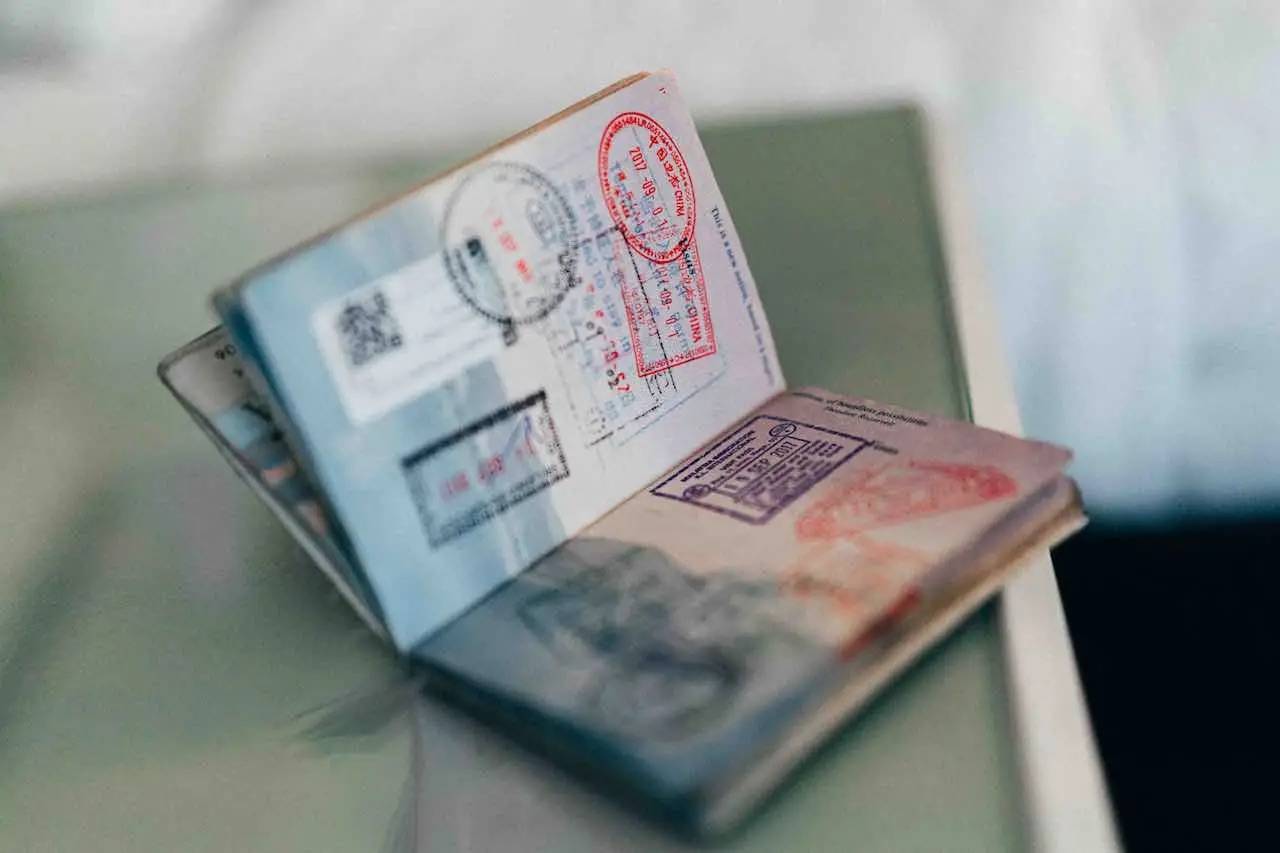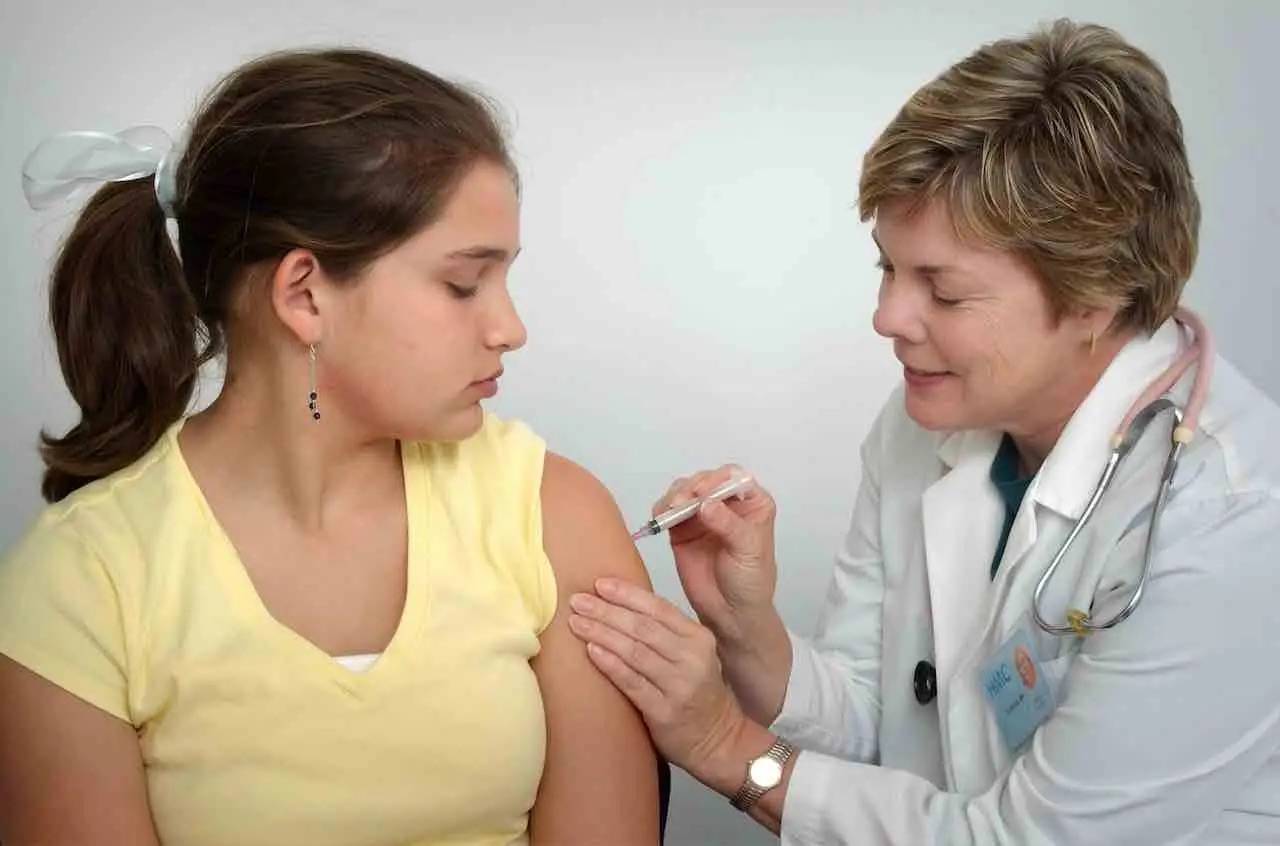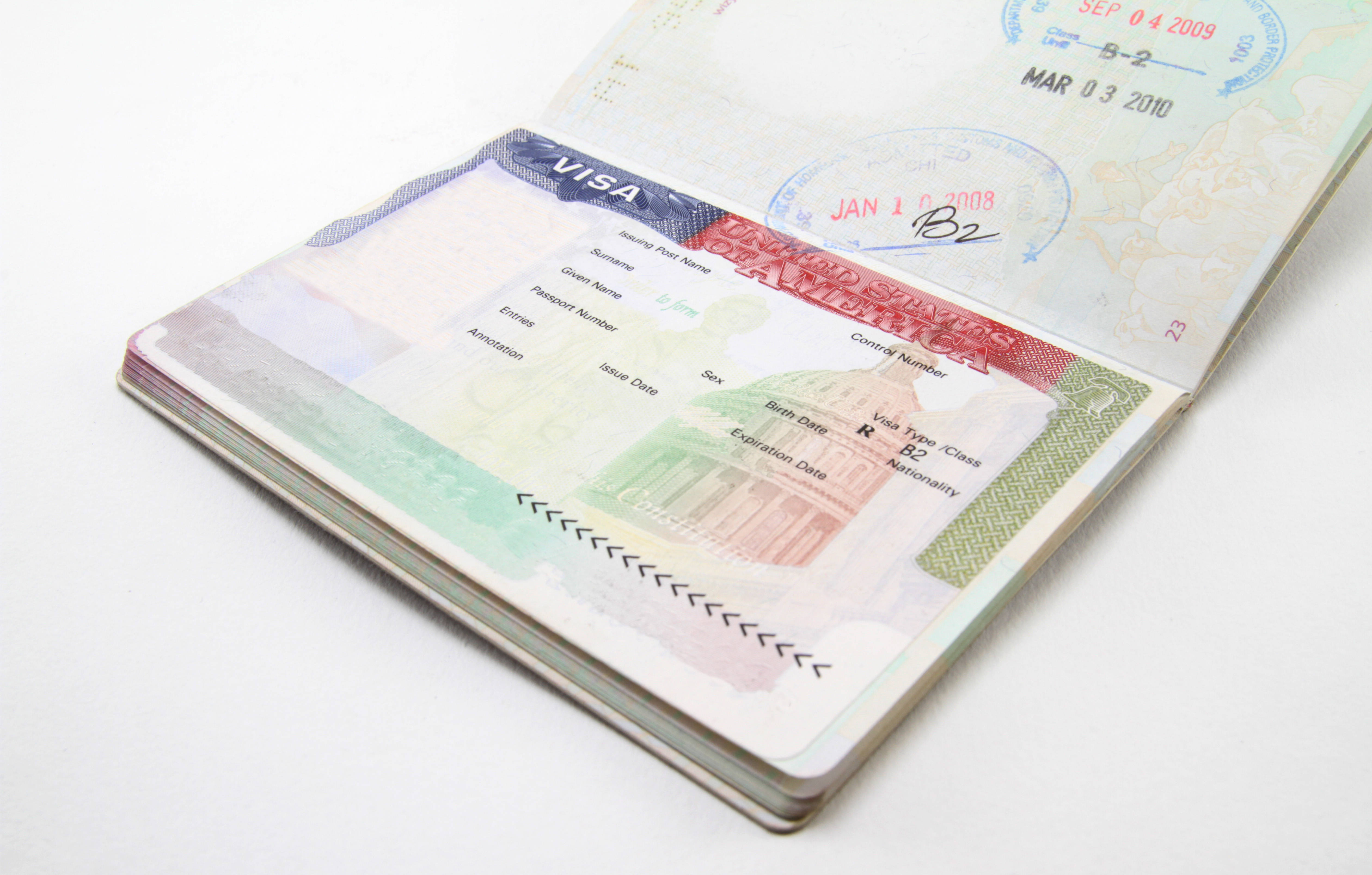Visa & Immunization Requirements
So, you’re finally conducting the trek back to Moscow for shopping, visiting long-lost relatives in Italy, or prowling the picturesque streets and alleys of Prague. As a frequent traveler, I’ve learned that chances are, you’re going to need a visa. Heading to Africa for the Peace Corps or kayaking in Brazil’s rainforest? You’ll probably need a few shots, too. Here’s the lowdown on what to expect when planning a flight abroad.
Requirements for Getting a Visa
A visa is a document that allows a person to visit a foreign country legally. It is typically stamped or glued into the passport. Visas are vital if you want to travel to a country with a visa policy in place with your home country. Different countries have very different visa restrictions, controlling the flow of visitors, preventing illegal immigration, and addressing other security concerns.
From my experience, researching travel visa requirements is an essential part of planning an overseas trip. I always check with the government website of my home country for the latest information. Requirements typically include filling out a visa application form, attaching a photo, and submitting additional documents. You don’t want to be caught off guard, so I always make sure to visit the Department of State’s website for the most current visa requirements. You can also use this site to find contact information for most foreign embassies.
VIDEO:Returning from an international trip can be both exciting and overwhelming, especially when it comes to navigating U.S. Customs regulations. I recently found myself in this situation, unsure about what items I needed to declare and how much I could bring back duty-free. Thankfully, I stumbled upon this incredibly informative video that answered all my questions and more. From understanding which souvenirs and duty-free items need to be declared to knowing the limits on duty-free purchases and the list of restricted items, this video covers it all. If you're looking to make your re-entry into the U.S. as smooth as possible, I highly recommend watching it. Safe travels!
Countries that Require Visas and What You Can Expect
Whenever I travel outside the U.S., I know I’ll need a passport, including for neighboring countries like Canada and Mexico. But what about visas? Here’s what I’ve learned over the years about which countries require them and how to obtain one:
- Western Europe: Nationals of the US, Canada, Australia, New Zealand, and the European Union do not require a visa for visits of 90 days or less.
- Non-EU Eastern Europe and the Middle East: Most of these countries will require a visa for travel of any kind.
- Asia: Some countries, like Thailand and Japan, don’t require visas from US, EU, Australian, and New Zealand citizens for visits of less than 30-90 days.
- Africa: Except for heavily traveled destinations like South Africa, Morocco, and Mauritius, most African countries require a visa for entry.
- Australia and New Zealand: You’ll need a visa for travel to Australia, but an Electronic Travel Authority (ETA) visa is acceptable and easy to arrange. New Zealand, however, doesn’t require a visa for short visits.
- Central and South America: While most countries don’t require a visa for entry, you’ll need one if you’re traveling to Brazil.
Obtaining a Visa
Getting your travel visa is the first step in ensuring your tour goes smoothly. Here’s what I’ve found helpful over the years:
- If your destination requires a visa, visit the nearest embassy or consulate. Depending on where you live, this might involve some travel, but thankfully, many embassies allow you to mail in your application. Be sure to allow plenty of time for processing.
- For countries like China, which don’t accept mail-in applications, you may need to visit the embassy in person or use a visa service. I’ve found services like G3visas.com helpful for expediting the process, though it does come with a fee.
- Some countries allow you to obtain a visa upon arrival, but always confirm this before departure to avoid any surprises.
Immunizations
Getting the right immunizations is a crucial part of planning your trip. For certain regions, vaccinations are necessary after securing your passport and visa. I’ve learned that it’s best to schedule your immunizations at least four weeks in advance. This ensures you’re protected well before your trip.
- Always check with your healthcare provider or a travel clinic for the complete list of vaccines and immunizations required for your destination.
- In my travels to regions requiring vaccinations, I made sure to bring a stamped or signed copy of my immunization records, with the dates clearly indicated.
What Are Travel Vaccinations?
Travel vaccinations, also known as travel immunizations, are shots needed before visiting certain parts of the world. They help protect against serious illnesses. I’ve found that these vaccines are crucial, especially when traveling to areas where specific diseases are prevalent. They work by triggering the body to produce antibodies, which offer protection in the event of exposure.
Recommended Vaccinations
Depending on where you’re headed, the vaccinations you’ll need will vary. Here’s what I’ve learned:
a) Where You Plan to Travel
Some countries require proof of vaccination for diseases like yellow fever or polio. If you’re traveling to more rural or developing areas, you might need additional vaccines.
b) The Vaccinations You Have Already Had
Ensure you’re up to date on your regular vaccinations before you leave.
c) Your Existing Health
If you have any ongoing health conditions, are pregnant, or have a weakened immune system, you may need extra vaccines.
Here are some travel vaccines that are commonly recommended:
- Hepatitis A
- Meningococcal disease
- Hepatitis B
- Typhoid and paratyphoid fever
- Rabies
- Japanese Encephalitis
- Yellow Fever
What to Know about Vaccinations for Travel
Before you travel, here’s what you need to know about vaccinations:
- The most common vaccines for travelers include Hepatitis A, Typhoid, and Yellow Fever. If you’re headed to a region where these diseases are common, make sure to get vaccinated early.
- I’ve always been told to get vaccinated at least 4-6 weeks before departure, which gives the vaccines time to take effect.
- Your itinerary and your medical history are both important factors. Let your doctor know about any chronic conditions or medications you’re taking.
- Regions like Africa, parts of Central and South America, and the Caribbean are the areas where vaccines are most commonly required. Some parts of Asia may also require vaccinations for diseases like Japanese Encephalitis.
- If you’re unsure about your childhood vaccinations, ask your doctor to perform a titre test to check for immunity.
Final Words on Safe Travel
From my experience, here are the best ways to ensure a safe journey:
- Take antimalarial pills if you’re traveling to a malaria-prone region.
- Always use insect repellent containing DEET.
- Make sure your food and water are sanitary, and avoid tap water where advised.
- Practice safe sex to protect yourself from sexually transmitted infections.
FAQ: Visa & Immunization Requirements
Find more help here for your journey through the airport



